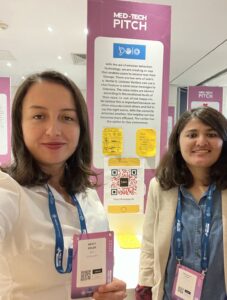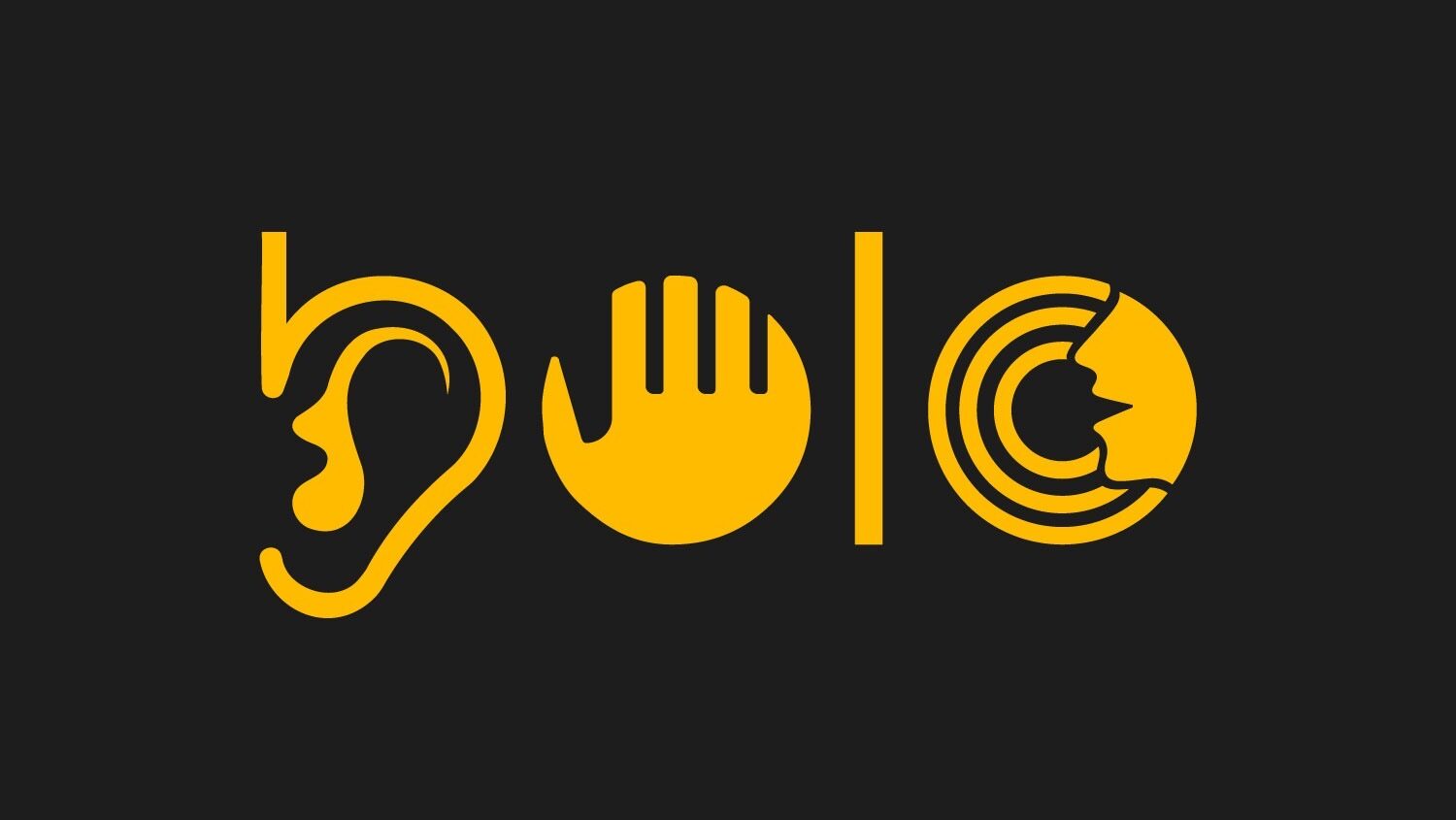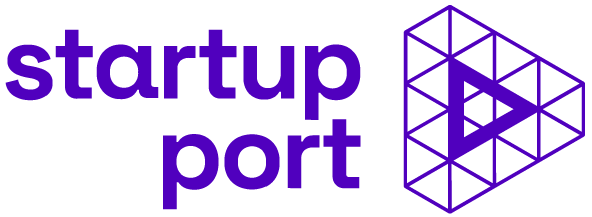Nishargo Nigar from Bangladesh and Heidy Erler from Colombia have an innovative business idea in the field of AI-supported speech analysis and want to found a startup called Bolo in Hamburg. Startup Port is supporting them in this project. We asked the founders a few questions about their development.
How did the idea for Bolo come about and what is the core concept behind your start-up?
Nishargo Nigar: “My interest in artificial intelligence and my experience with information and communication systems led me to investigate potential applications in the field of mental health. The idea of using artificial intelligence to recognize emotions through speech analysis seemed to me to be an innovative way to help people with depression or anxiety. The name “Bolo” is a Bengali word meaning “to speak”. We wanted to make sure that users felt supported and safe enough to talk about their suppressed emotions.
Heidy Erler: “Originally I had a different idea, an app for the Apple Watch based on heart regulation. But when Nishargo told me about Bolo, I realized that her idea has a greater potential to have a positive impact on human health.”

What challenges have you experienced as international female founders in Germany?
Nishargo: “One challenge is definitely the language barrier. German bureaucracy in particular can be very complex for us as foreigners. It helps that Heidy has lived in Germany for 20 years and is aware of certain issues. We see it all as part of our learning process and try to adapt and take the necessary steps to be successful.
In developing our idea, our different backgrounds can also be beneficial as they give us different perspectives and ideas. My experience from Bangladesh and Heidy’s knowledge from Colombia help us to develop a broader understanding of global mental health needs.”
Heidy: “It’s also about building structures and finding the right networks to find your way in this new environment. The Startup Port was able to provide us with excellent support here.
We are currently in the process of designing our project in English – our prototype is geared towards this. This allows us to make our technology culturally sensitive and accessible to an international audience. However, we are planning to expand the project to other languages in the future.”
How do you deal with the data protection and ethical challenges associated with emotion recognition?
Nishargo: “We are very aware of the sensitivity of the data we work with. Our top priority is to protect the privacy of our users and ensure that the data is handled ethically and responsibly.”
Heidy: “We work closely with data protection experts to ensure that our services are not only efficient, but also secure and ethical. This is an ongoing process that requires our full attention.”
What does the future hold for Bolo? What plans do you have?
Nishargo: “We hope to establish our company in the first quarter of next year, as we still need to discuss the company hierarchy and future activities. We are currently looking for further co-founders or employees, especially with development and medical expertise. Our goal is to further develop the prototype, expand to other languages and accents and build a solid base structure for our company. We are open to various financing options, including crowdfunding.”
Heidy: “Our goal is also to reach more people with our vision in the long term. We want to establish Bolo as a trustworthy and effective solution for recognizing and managing emotions. It is important to us that our technology is used ethically and responsibly.”

